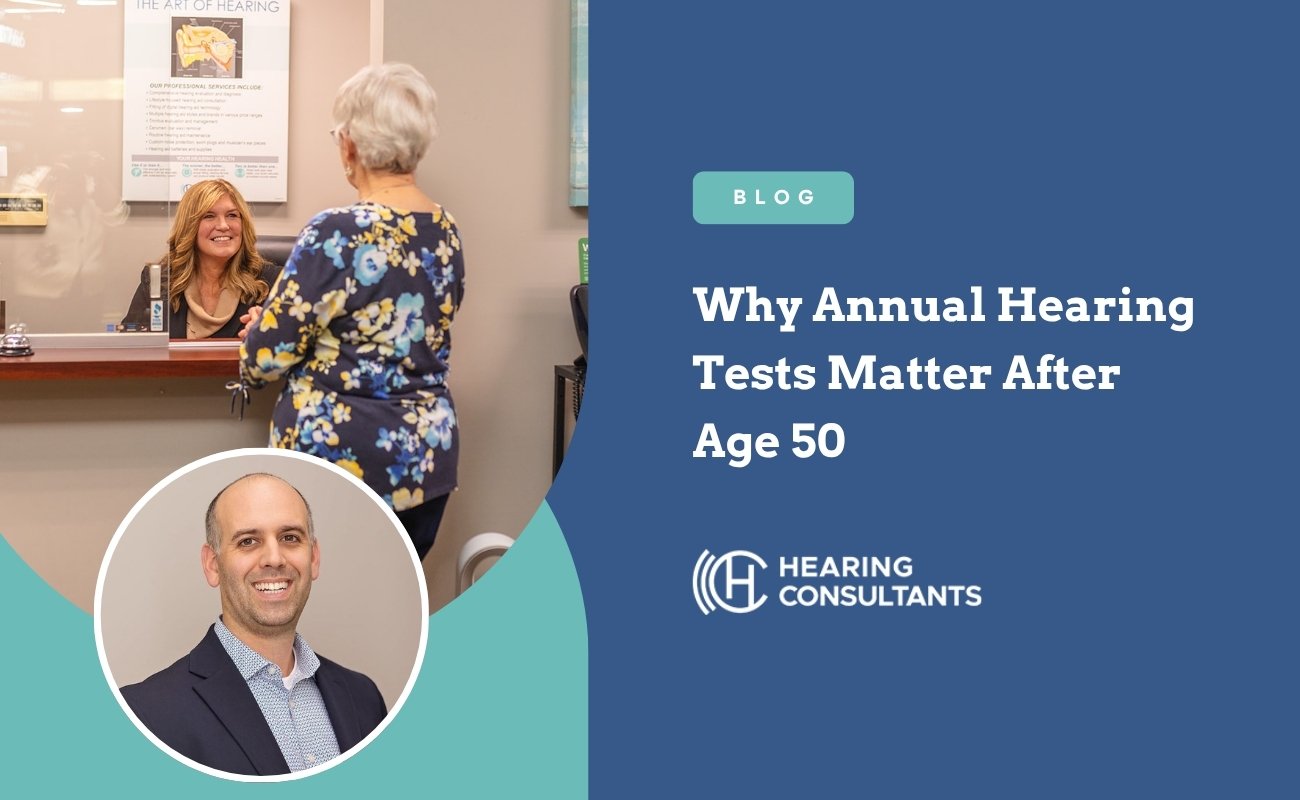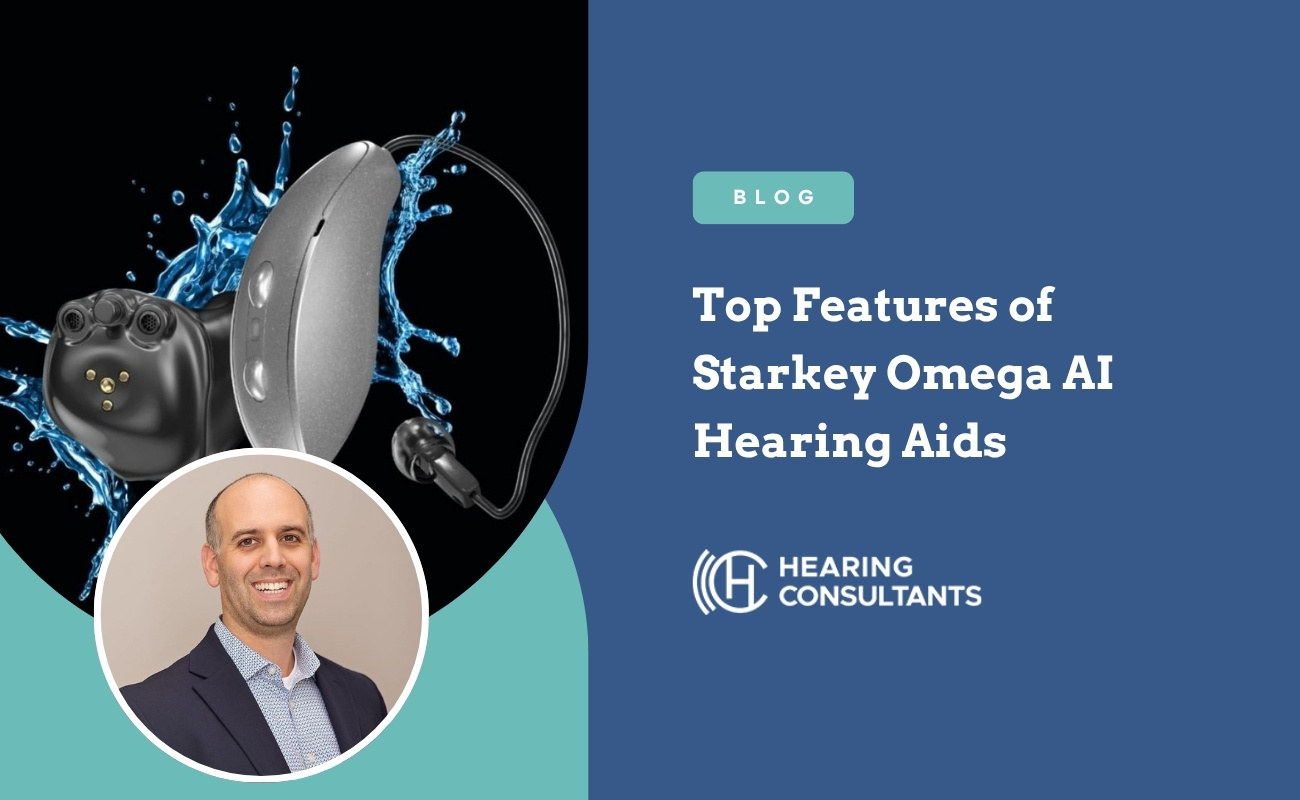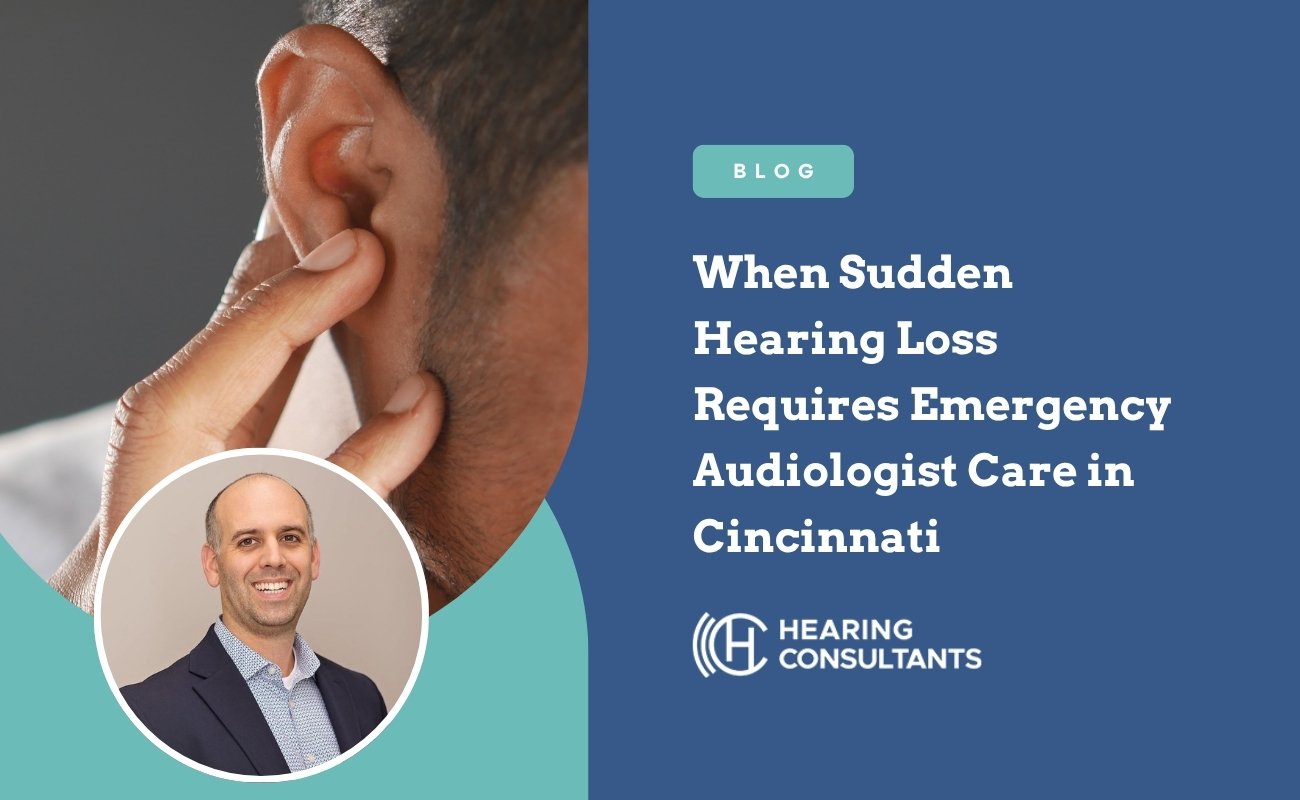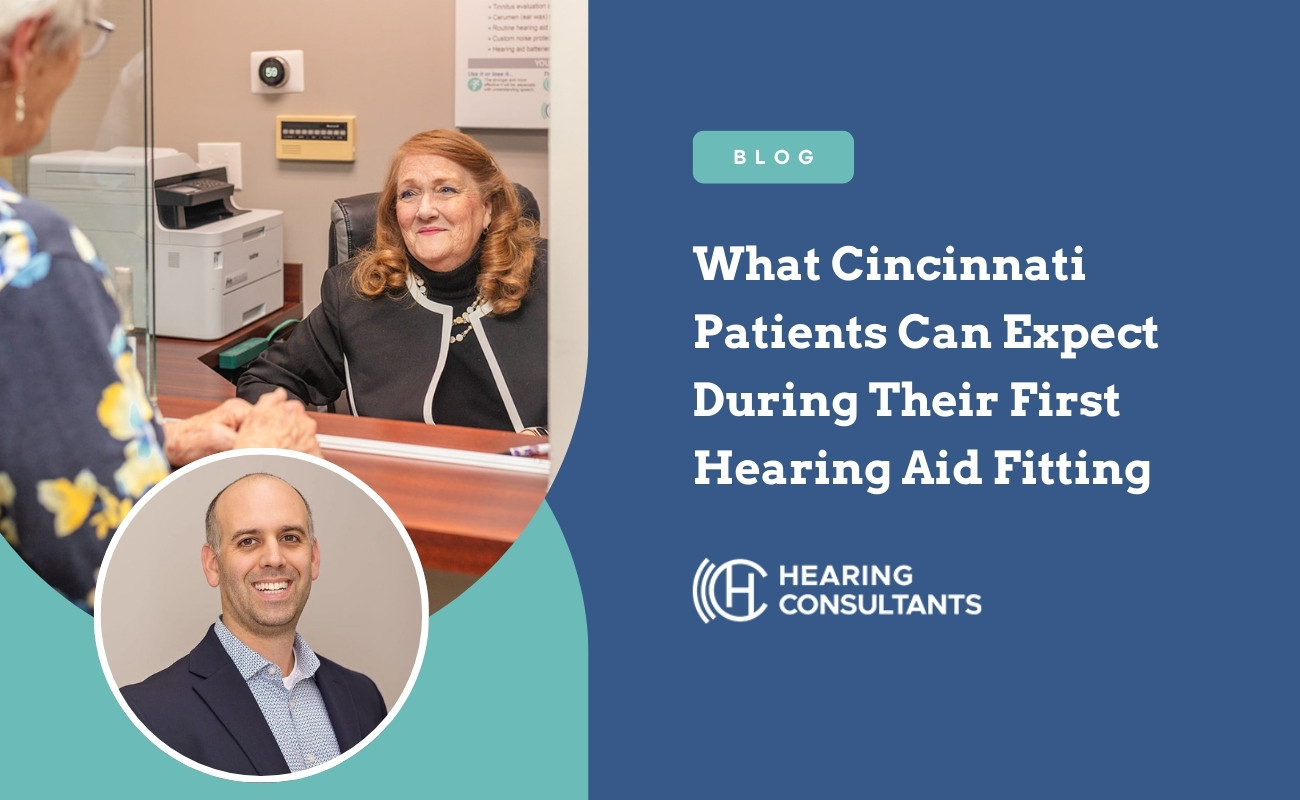Going Digital with Your Hearing Aids
Over the past several decades, a digital revolution has happened in the hearing aid industry, creating a new generation of hearing aids with astounding power and nuance, alongside sleek and discrete design. What exactly is digital hearing technology – and what has it replaced?
Analog Vs. Digital
Whether a hearing aid is digital or analog, it has the same basic structure, although it will process sound differently. In both cases, a microphone is used to pick up sounds in the surrounding environment; it is then amplified and delivered to the ear canal via a receiver. Analog hearing aids directly amplify the sounds they receive without digital assistance. This means that all incoming sounds undergo amplification, and it can be harder to parse speech from amplified background noise. Analog hearing aids do offer some programmable features, such as presets that can help a user adapt to sound in distinctly noisy or quiet environments. Programmed presets have similar capabilities to an analog sound mixing board in terms of creating legible sound environments, but it functions without the responsiveness and nuance of digital processing.
The Digital Advantage
With the arrival of the first digital hearing aid by Oticon in 1995, a new frontier emerged in hearing technology. Since then, hearing aids have advanced in leaps and bounds alongside technology. Digital hearing aids work on the same principles as analog but add additional processing of incoming sound to make the listening experience better matched to the user’s hearing needs. A microphone still feeds incoming sound into amplification circuits which delivers sound to a receiver in the ear. Within the amplification process, digital hearing aids truly outshine analog capabilities. Digital hearing aids are built around digital signal processing, or DSP for short. DSP converts incoming sound into a digital signal which is processed by microcomputers within the hearing aid to amplify and deliver sound to the user. In addition to having programmable presets for sound environments, digital technology further extends the hearing aid’s ability to selectively parse specific sounds. With the development of speech recognition software, digital hearing aids now have adept abilities to suppress background noise while foregrounding directed speech and conversation. With all incoming sound converted from sound waves to digital signals, digital hearing aids can deliver exacting performance in boosting the specific frequencies your hearing loss requires. Sound processing algorithms mean that incoming sound can be continually and fluidly adapted to – beyond basic presets. Your hearing specialist will work with you and the results of your hearing exam to ensure the digital processing is handling sound to your best advantage. Digital hearing aids are also on the forefront of hearing assistance that integrates itself into smartphones and digital devices around your home. Bluetooth hearing aids with digital streaming can deliver sound from smartphones and digital devices directly to the ear canal, making it easier to talk on the phone, listen to shows or music, even catch the ring of your smart home doorbell. As smart technology becomes more fully built into our daily lives, digital hearing technology will be further able to make hearing more comfortable and natural.
Choose Wisely
Digital hearing aids offer a plethora of advantages in treating hearing loss, but not every digital hearing aid is built alike. Off-brand digital hearing aids offered at steeply discounted costs usually lack the technology and programming to make digital sound truly assistive to hearing loss. The result is digital hearing aids that actually underperform their analog counterparts. When choosing a hearing aid stick to reliable brand name solutions. Hearing aids today rely on complex and remarkably tiny audio processing technology, built with an investment of research and development. Digital hearing aids should be programmable to adapt to your specific hearing challenges in addition to nuanced environmental changes. While industry leaders make hearing aid technology smaller, smarter, and more durable than ever before, cheap knock-offs cut costs by severely compromising the quality of the hearing device.
Hearing Consultants
Picking the right hearing aid can change your life – we see it every day at Hearing Consultants where we help match your hearing needs to our expansive selection of the best in digital hearing technology. We work with you to find the best match for your lifestyle, budget, and hearing needs, and provide custom hearing aid fitting and programming to optimize your hearing health.
Get in touch with
Hearing Consultants
Contact our clinic to schedule an appointment today!







